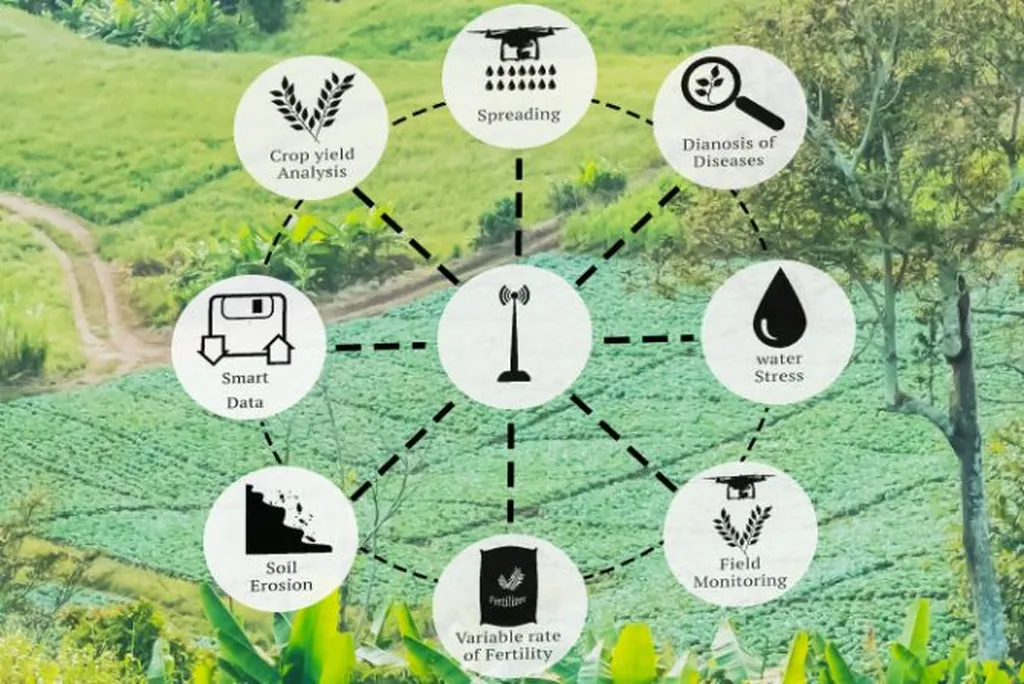In the rapidly evolving landscape of agriculture, digital technologies are emerging as powerful tools to enhance productivity, sustainability, and resilience, particularly in low- and middle-income countries (LMICs). A recent study published in *Frontiers in Sustainable Food Systems* (translated as *Frontiers in Sustainable Food Systems*) sheds light on the complex factors influencing the adoption of these technologies, offering valuable insights for policymakers, practitioners, and development agencies.
Led by Faiza Manzoor of the Department of Agricultural Economics and Management at Zhejiang University in Hangzhou, China, the research systematically reviews contemporary literature to identify the key determinants that enable or hinder the adoption of digital agriculture technologies in LMICs. The study, which analyzed 30 relevant publications from 2019 to May 2025, highlights a multifaceted landscape where socioeconomics, agro-ecological conditions, technological infrastructure, institutional support, situational contexts, social dynamics, and behavioral factors all play crucial roles.
“Understanding these factors is crucial because LMICs face unique constraints that can limit the benefits of digital innovation,” Manzoor explains. “Our findings suggest that while these factors positively influence adoption, their effects vary significantly across different contexts.”
The study reveals that while many studies focus on individual factors, few have examined the entire spectrum of the adoption process. This gap underscores the need for integrated strategies that address multiple barriers simultaneously. For instance, technological solutions must be tailored to local agro-ecological conditions, while institutional frameworks should support farmers in accessing and utilizing these technologies effectively.
The implications for the agriculture sector are profound. Digital technologies, such as precision farming tools, data analytics, and mobile applications, have the potential to revolutionize farming practices, increase yields, and improve resource management. However, their success hinges on a holistic approach that considers the interplay of various influencing factors.
“Policymakers and development agencies must adopt a more comprehensive strategy,” Manzoor advises. “By addressing socio-economic disparities, improving technological infrastructure, and fostering institutional support, we can enhance the uptake and sustained use of digital agriculture technologies.”
As the global community strives to achieve sustainable development goals, this research provides a roadmap for leveraging digital innovation to transform agriculture in LMICs. By understanding and addressing the multifaceted determinants of technology adoption, stakeholders can pave the way for a more resilient and productive agricultural sector.
This study, published in *Frontiers in Sustainable Food Systems*, not only highlights the current state of digital agriculture technology adoption but also points to future directions for research and policy. As the world continues to grapple with the challenges of climate change, food security, and economic development, the insights from this research will be invaluable in shaping strategies that promote sustainable and inclusive growth in the agriculture sector.

